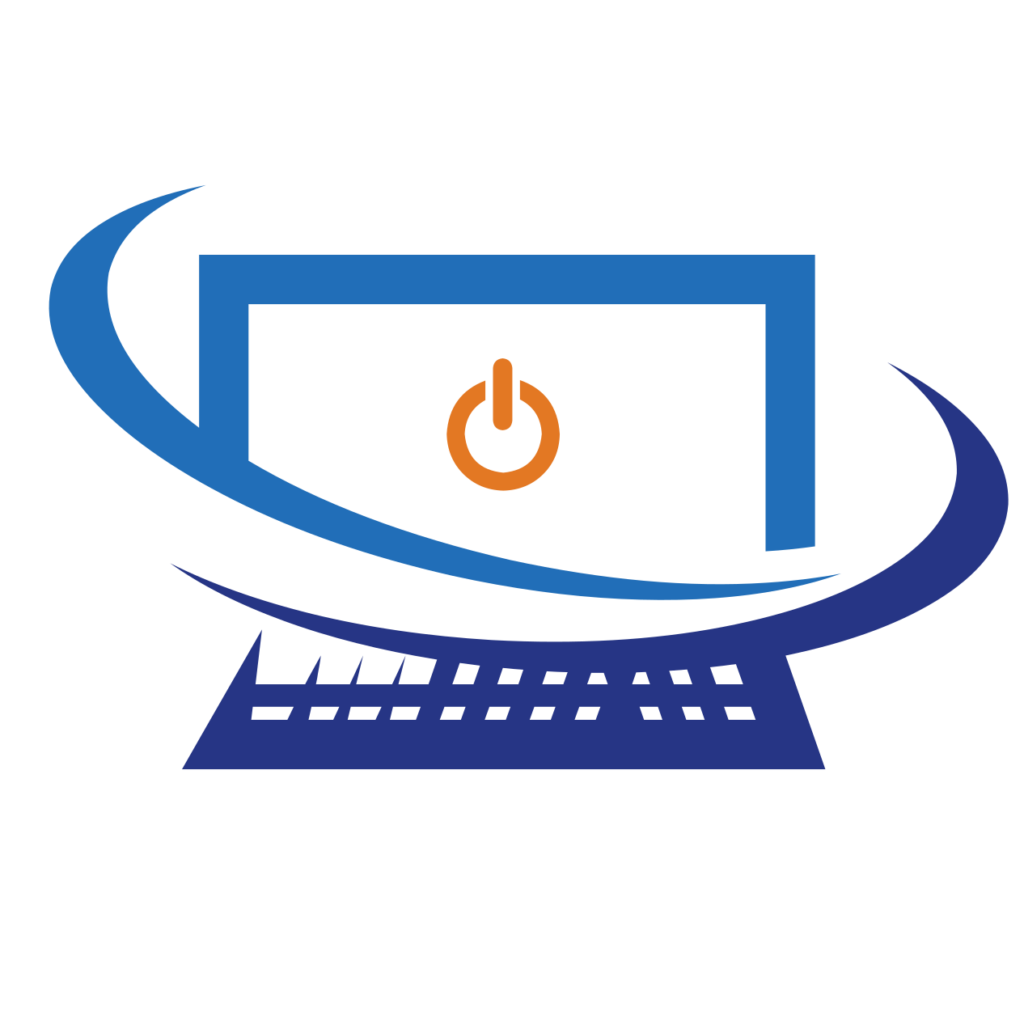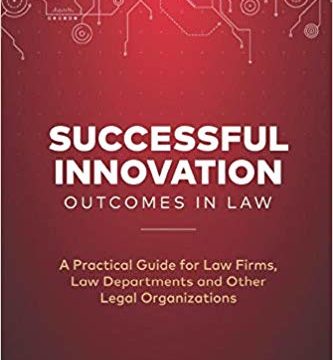The Kennedy-Mighell report is consistently a source of useful insights into legal technology. A recent edition discussed ways to improve audio/video setups. Two of the best tips:
- iPhone and iPad cameras are enormously better than the cameras built into laptops and PCs
- Counter-intuitively, sound quality is more important than visual quality in making a good impression.
A piece of “strategic” advice may be more useful than any of the technical tips, though. As Dennis explains:
No, it’s like all these people are doing podcasts now and you are competing with actual entertainers and people are doing high quality productions and all those people tend to do very long podcasts, so how are you going to break into that?
And so, I think this stuff is super-difficult to sustain especially as you kind of get back into this to swing of — if you go back to work, if you are still working from home what you’re probably going to discover is that if you take the commute out of your day, you will free up a significant amount of time that you could put into an outlet, but I think it’s hard to know whether you are a writer, you are a podcaster, you are a video person, and then how you can do it, and we are lucky being part of Legal Talk Network is that we can just be talent and we can do our show and it gets produced for us and gets distributed for us, and that’s awesome. If you are trying to do all that yourself it’s going to be difficult and you think you are going to do it once a week and it’s going to be once every two weeks and once a month, and then once every six months, and nobody wants to be the person who launches the new podcast, and then it has one episode which people have done, believe me.
So I think there is no time like the present in some ways, but you’ve got to be realistic about it, and the fact is that if you haven’t started a podcast by now you want to think about why that’s the case.
Like this:
Like Loading...

